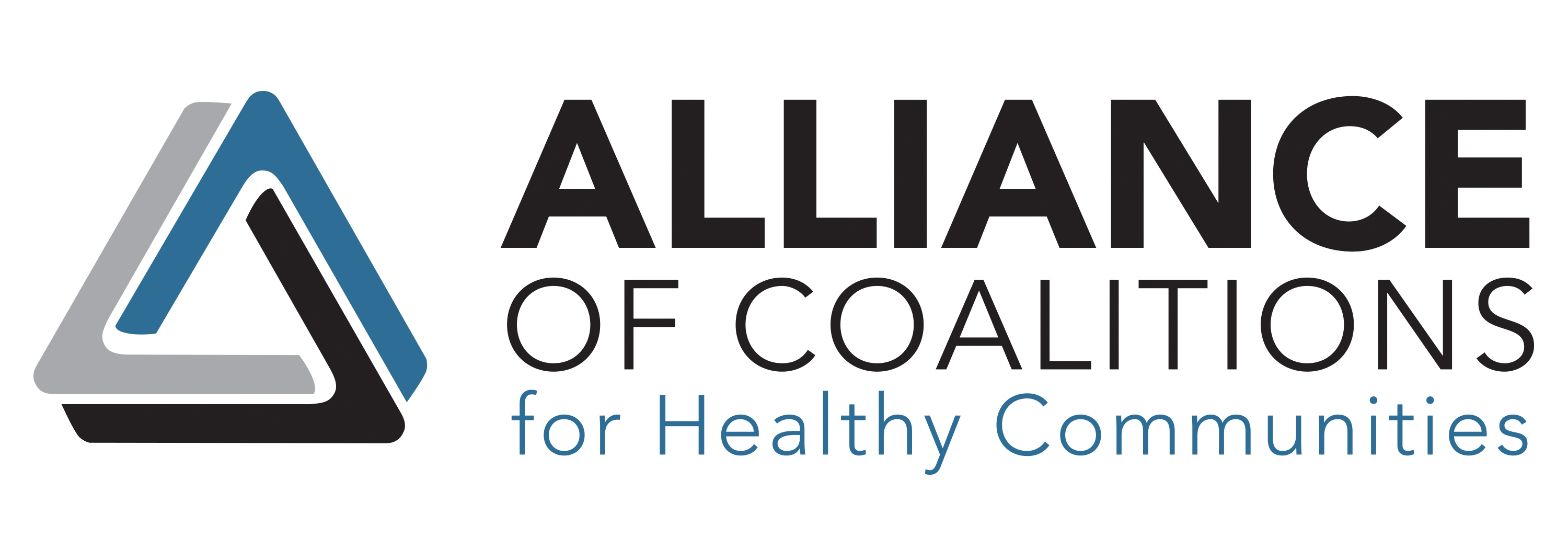
STATE OF MICHIGAN MUST SPEND OPIOID SETTLEMENT DOLLARS AS SOON AS POSSIBLE: TRAGEDIES DON'T WAIT
More than 3,000 Michigan residents, around 300 or more located in Oakland County, continue to die each year from a drug overdose. Our organization supports substance abuse prevention and wellness programs with 21 community coalitions in Oakland County. In the past, we referred to our work as harm reduction, but the work we do can be more concisely described as overdose prevention.
Michigan has recently received $1.6 billion of a national opioid settlement to provide urgent new assistance to prevent drug overdoses and support recovery programs. As recently reported by “Bridge Michigan,” that money is beginning to flow our way. Half is allocated to the State and half allocated to local governments. Unfortunately, a survey conducted by the Michigan Association of Counties found that “less than half of the 64 counties that responded had a plan ensuring funds reach those most profoundly impacted by the crisis,” and half had not spent any of the funds that they had already received.
We understand some of the hesitancy. Many advocates are demanding thoughtful use of what may be a once-in-many-decades’ opportunity to make significant progress against the negative impact of drug use on individuals, families and loved ones, and our society. We agree. We support responsible spending of these funds but not the inability to improve overdose prevention and harm reduction efforts when so many health departments and related groups are severely underfunded. Waiting to hear the voices of our communities has its limits. This is where prudence kidnaps progress.
For example, here in Oakland County, the Oakland County Harm Reduction program that is housed by Public Health is underfunded. The release of funds would provide more staffing and much-needed supplies. Even $400,000 of the $5,241,000 available to Oakland County would make a dramatic difference for the health department's harm reduction and overdose prevention efforts.
With the funds received so far, Oakland County has been able to hire an additional epidemiologist to oversee opioid and overdose related data, provide nearly $500,000 for jail medication-assisted treatment programming and implement community listening sessions and an opioid settlement steering committee. We have made much progress, but there’s much more to be done.
The State of Michigan has yet to spend any of its half of the settlement dollars. It’s sitting in the bank collecting interest, and that needs to change.
The task still at hand can be accomplished by working together
At the Alliance, we used to refer to our work as harm reduction. Harm reduction tactics include work such as needle and syringe exchanges and safe supplies for sex workers, which ameliorate some of the ravages of drug use and combat the spread of infectious diseases. This should be the province of health departments.
However, the Alliance of Coalitions for Healthy Communities’ work is more focused on overdose prevention aimed at reducing deaths. Among our programs, we distribute and train on use of overdose reversal medications like NARCAN and OPVEE, distribute testing strips for Fentanyl (a deadly, increasingly common contaminant found in street drugs), and distribute charcoal neutralizers for prescription drugs. In an alert and compassionate society, no one should suffer.
Working in partnership with the Oakland County Sheriff’s Department and Oakland Community Health Network, we were the first in the nation to deploy OPVEE. OPVEE is a nasally administered narcotic reversal agent that promises to improve overdose response compared to NARCAN, especially with respect to quicker reversal of depressed breathing and improved cognitive recovery. Other areas in the nation are now rolling out OPVEE pilot programs. In 16 states, the standing order has been updated with 248 organizations registering for the experiential program to receive medications for their agencies. We have assembled an Institutional Review Board led by Wayne State University to examine the efficacy of the medication and data related to the pilot project currently running.
The Alliance is also leading, in partnership with the health department, an Overdose Fatality Review Board that is identifying and making recommendations based on case reviews. The recommendations are then submitted to the steering committee for responsible spending, as well as identifying gaps and services that need to be addressed. Additionally, in partnership with the Oakland Community Health Network, we participate in a comprehensive Crisis Intervention Team and partner with the Oakland County Sheriff’s crisis response unit whose goals include providing insight into how to best respond to people with substance use disorder and co-occurring mental health issues.
Combatting the personal hurt and deaths due to drug overdoses that are causing disruptions to society is a complex task. We appreciate the broad network of support we have here in Michigan—from state officials and county public health departments to law enforcement and emergency services and substance abuse professionals to volunteers everywhere. We must not squander these opioid settlement dollars but put them effectively to work—NOW.
